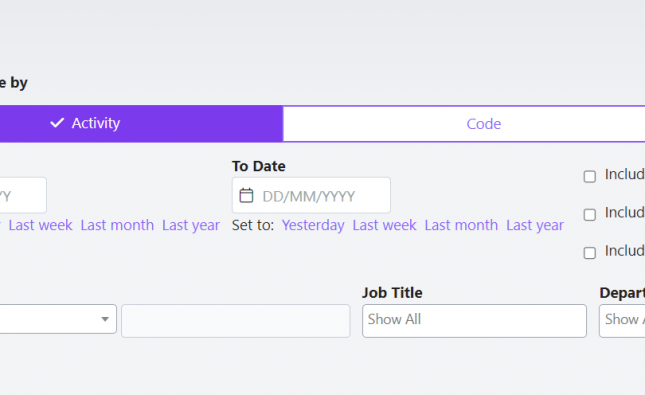Your local car wash might seem like a harmless way to save yourself a little time, but it turns out that many hand car washes rely on slave labour and exploitation to offer low prices.
While most car washes are legitimate businesses, they are sometimes used as fronts for slave labour, in which workers are threatened, abused and exploited – and may be prevented from leaving by criminals who confiscate their passports or force them to pay off loans.
The Safe Car Wash app is encouraging people to report any car wash that exhibits any of the tell-tale signs of modern slavery. Reports from the app, including GPS location data, are sent to the National Crime Agency and the Gangmasters and Labour Abuse Authority (GLAA)
Signs that a car wash may be using slave labour include:
- Low prices (less than £6.70)
- Fearful behaviour
- Use of children
- Lack of protective clothing
The data is also being assessed by the University of Nottingham’s Rights Lab. Professor Zoe Trodd, director of the Lab, said: “Car washes are completely unregulated territory and we don’t know how big the sector is, how many hand car washes operate or how many persons are registered to work in them. This citizen engagement in data collection is a powerful technique with potential for mapping other vulnerable services such as nail bars.”
The campaign group Anti-Slavery International estimates that 13,000 people may be currently enslaved in the UK. While it may be difficult to imagine how free people become forced into slavery, there is a common approach used by criminals who want to exploit others. They typically begin by offering jobs to people in other countries – such as Albania, Vietnam, Nigeria, Romania and Poland. Once people arrive in the UK, their passports are taken away and they are forced to work to repay fees for transport and recruitment – and the work they do is very different from the job they were promised.
Modern Slavery Act 2015
The Modern Slavery Act was introduced to combat the growing problem of slavery, exploitation and human trafficking. Its provisions include:
- Increased sentences for slavery offences
- Protection for victims of slavery for crimes they were forced to commit
- Requiring large companies to report on how they prevent slavery in their supply chains
- Establishing an Anti-Slavery Commissioner to monitor the UK’s response to slavery.
Training from VinciWorks
Does your organisation need to report on slavery – or understand the nature of the problem? If your company needs to train employees about the issues surrounding modern slavery, VinciWorks can help. Our eLearning packages can be selected as complete off-the-shelf solutions, or we can customise the content to suit your unique requirements.
Browse our Modern Slavery eLearning courses now.


